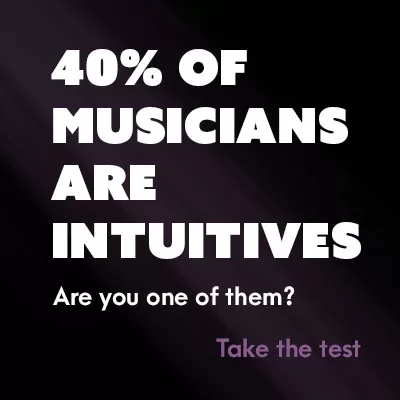 Everyone has some concept of what intuition is, but what is it really? In this context I’m going to talk about it as it relates to the work of Carl Jung, which is essentially what this blog is all about.
Everyone has some concept of what intuition is, but what is it really? In this context I’m going to talk about it as it relates to the work of Carl Jung, which is essentially what this blog is all about.
Jung discovered that there are two basic categories of how people take input from the outside world. Most of the world (roughly 75%) use literal sensory input as their dominant way of perceiving information. “What you see is what you get.” They’re oriented towards things that can be verified by actual sensory observation.
The other 25% use a method of abstract pattern recognition. They make unconscious connections that form their perceptions. This is intuition. Intuition is more oriented to connections and relations between things than what meets the eye.
Sensory oriented people, or ‘Sensors’ as well call them, are generally more practical, they notice more sensory detail, they’ll usually remember sensory information better (i.e. what color pants someone was wearing last night), they prefer information that can be verified by their senses, they’re generally more content by nature and in most cases they feel basically the same as other people.
Intuitives, on the other hand, will seek out patterns and hidden meanings. They often find it difficult to follow step-by-step instructions, as their preference will usually be to dive in and start finding connections that lead to an understanding. They will usually feel deep down that they are different from most other people and they will often be restless by nature.
There are two flavors of intuition, introverted intuition and extraverted intuition.
Introverted intuition sees a myriad of perspectives and is able to draw far-reaching connections between things in the mind. It’s particularly useful in predicting how patterns will play out in the future. People who use this as a strength are often great innovators and can be well ahead of the curve when it comes to implementing new ideas (Steve Jobs, Tim Ferriss, Gary Vaynerchuk). Musicians who use this as their primary function include 50 Cent, Maynard James Keenan and Tori Amos.
Extraverted intuition draws real-time connections between things in the outside world and is especially useful in predicting how things will play out as they happen. People who use this as a strength will often be able to imply what someone is going to say or do before they do it. A lot of great comedians (Billy Crystal, Jim Carrey, Robbin Williams) and Musicians (Neko Case, Frank Zappa, Weird Al) use this as their primary function.
So in summary, intuition is a method of perception that infers connections and patterns between pieces of information.













Join the discussion One Comment